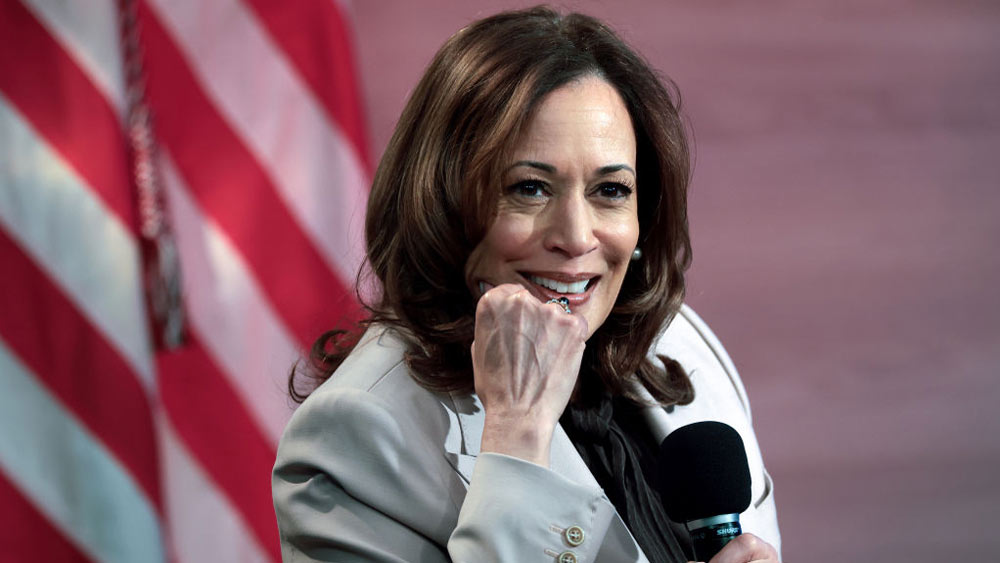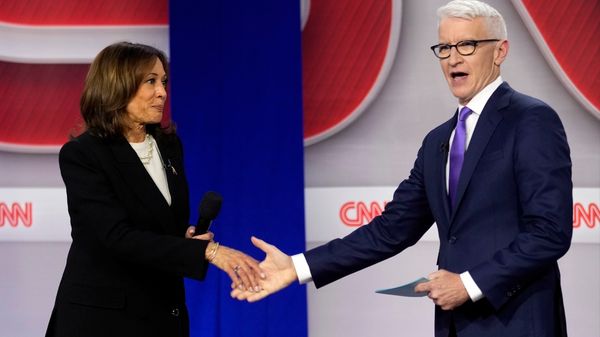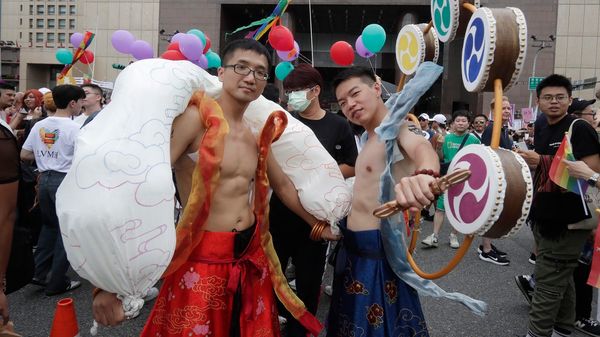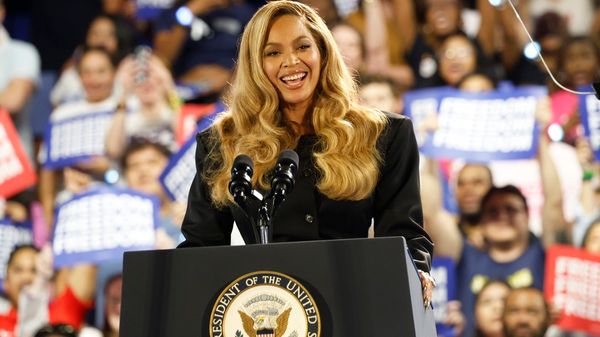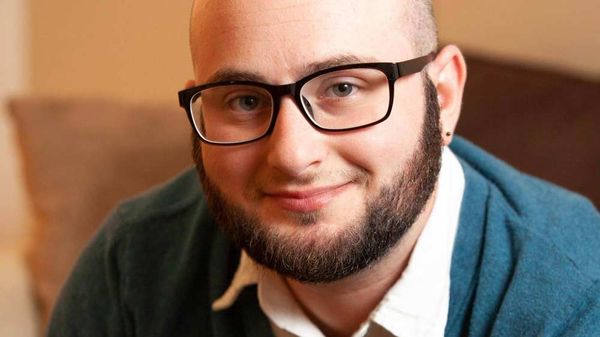September 13, 2007
New BPS superintendent has pro-LGBT track record
Frances Betlyon READ TIME: 5 MIN.
In October of 2000, months after the Supreme Court ruled that the Boy Scouts could legally bar gay men from participating, Carol Johnson decided to stand up to the Scouts. Johnson, who began serving as the new superintendent of Boston Public Schools last month, was at the time the superintendent of Minneapolis Public Schools, and she had worked to make sure that LGBT students, parents and faculty felt welcomed and included in the district. She decided that month to recommend that the school committee sever its relationship with the Boy Scouts as long as they maintained their anti-gay policy. There was just one problem: before she announced her decision, the local Boy Scouts organization invited her to their annual dinner to receive an award for supporting scouting in urban communities. As a former board member for the Minneapolis chapter of the Boy Scouts and a former den mother, she decided to go to the dinner and discuss her opposition to the organization's policy during her acceptance speech.
"They gave about three, four awards that night. So other people just came, they took their award, they said, 'Thank you very much,' and they sat down. And I went up and I said to the moderator, I have comments I have to make. He didn't know what to do, so he just let me have the microphone," said Johnson. "And I went on to say that I felt that they had to broaden their intent if they wanted to be inclusive of all the children and all the families in our community and that I had always supported scouting and had been an advocate for their programs in the schools, but I felt that unless I made a public statement about my concerns about their position that they would not understand how important it was for them to be inclusive. So there were some people who weren't willing to speak to me after that, but then there were others who did. But I think all in all we made the right decision."
Johnson announced the decision to sever ties to the scouts to the public during a speech at the national Gay, Lesbian and Straight Education Network (GLSEN) conference held that month in Chicago, where her school district received an award for its programming supporting LGBT students. The district continued to allow the scouts to use school property to hold meetings, as other groups do, but it ended its sponsorship of troops and its use of district resources to promote Boy Scouts.
Johnson, who said she still considers herself a strong supporter of the Boy Scouts, said she felt that if the district had continued to partner with the organization after the publicity around their anti-gay policy, many members of the school community would have felt uncomfortable at the school, particularly LGBT students and parents. As a public school district Johnson said she felt it was important to send the message that the district does not tolerate discrimination.
"I think there are people who believe that public education as an organization represents a larger umbrella of accepting all who come, and that because we do accept all who come I think we can say that we do provide equal opportunity and equal access and that we don't discriminate for any reason," said Johnson. "And so I think that public education maybe more than other entities has a responsibility to children but also a responsibility to be the most inclusive."
That's a principle Johnson plans to champion in her new role as Boston's school superintendent. In her first weeks on the job, Johnson said she has been visiting schools in the district and talking to members of the school community to learn about the district's priorities, context and culture. She said she has not dealt specifically with LGBT issues since she started, beyond getting briefed by her staff on the district's current policies and programs, but she said she believes there are three major components to creating a welcoming environment for the LGBT community.
The first component is making sure there are support services in place for LGBT students. Johnson said she has been briefed on the work of the district's 15 gay/straight alliances and other LGBT programming, which she said she believes is an important part of creating that support. She said in her tenure in Minneapolis many schools appointed a staff member as a designated resource for students struggling with their sexuality or with issues around coming out to their family.
The second component is reaching out to parents, both those who are LGBT and those who have LGBT children.
"The support piece around what the adults need is helping the parents communicate to young people information [about LGBT identity] in a way that they can understand it in the different age groups they go through," said Johnson. "And for the parents of [LGBT] students [it involves] helping those parents accept and support their children."
Johnson said the third component is working to ensure that LGBT teachers and staff members feel comfortable in the school community and that all teachers and administrators understand the importance of creating an accepting environment. In Minneapolis she said she found that LGBT and ally faculty and administrators were often the most effective educators of their peers on LGBT issues. She credits her own awareness of the need to create an LGBT-inclusive environment in the public schools to two principals in Minneapolis who first broached the topic of LGBT inclusion with her.
"In every school community that I've worked in there have been teachers and principals and staff members who can be part of the education and part of the awareness of information and sensitivity to the issues that are involved in the GLBT community," said Johnson.
While Johnson was able to help promote a LGBT-inclusive climate in Minneapolis, she said her efforts were hindered at her previous job before coming to Boston, when she served as school superintendent for Memphis, Tenn. When Johnson started working in Minneapolis there was already a dedicated office devoted to LGBT issues; none existed in Memphis, and she said there were few out LGBT people in the schools. She said conservative religious opposition to any pro-gay activities was strong in Memphis. She appointed her chief of staff to serve as the contact person for all LGBT concerns in Memphis, and she worked with a handful of students and parents dealing with issues around coming out and harassment on a case-by-case basis, but there was no support for more broad programmatic work around LGBT issues. Johnson said given Boston Public Schools' existing efforts around LGBT issues she expects she will be able to oversee efforts similar to what she did in Minneapolis.
Yet even in Minneapolis, Johnson said the school district faced opposition to its pro-LGBT policies. After the Boy Scouts decision, she said religious conservatives and others wrote letters to the local newspapers criticizing the separation from the scouts. More broadly there was opposition to the district's general support for LGBT rights, but Johnson said she felt it was important to stand firm. In one instance members of the community objected to the district allowing a gay father to accompany a student camping trip as a chaperone.
"They felt that if a father who happened to be gay wanted to be part of a group of chaperones taking a group of students on a camping trip, there were people who didn't want us to include that father," said Johnson. "And I think our position had been if fathers are invited to help chaperone and that father wants to go, he should be allowed to."
